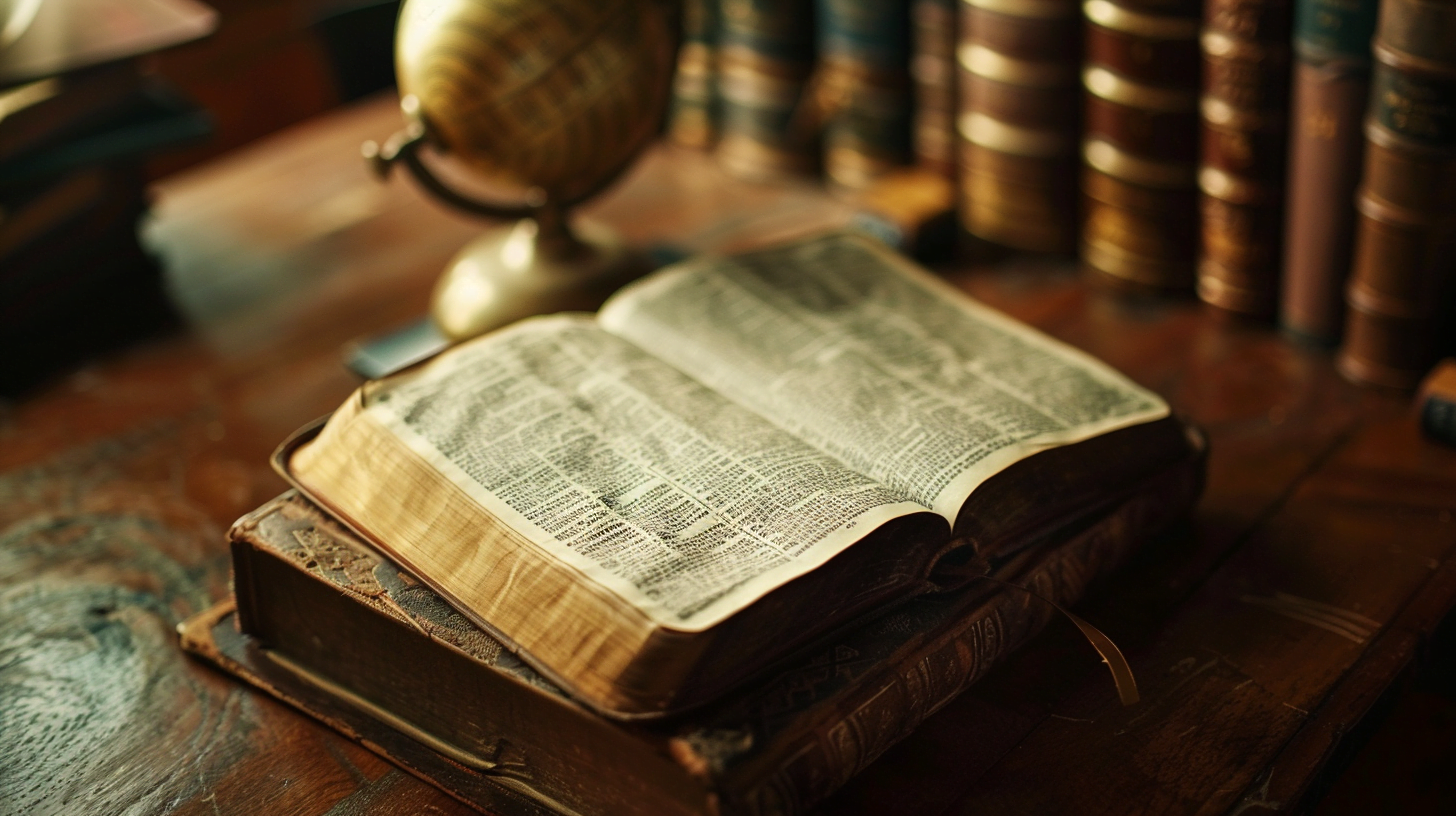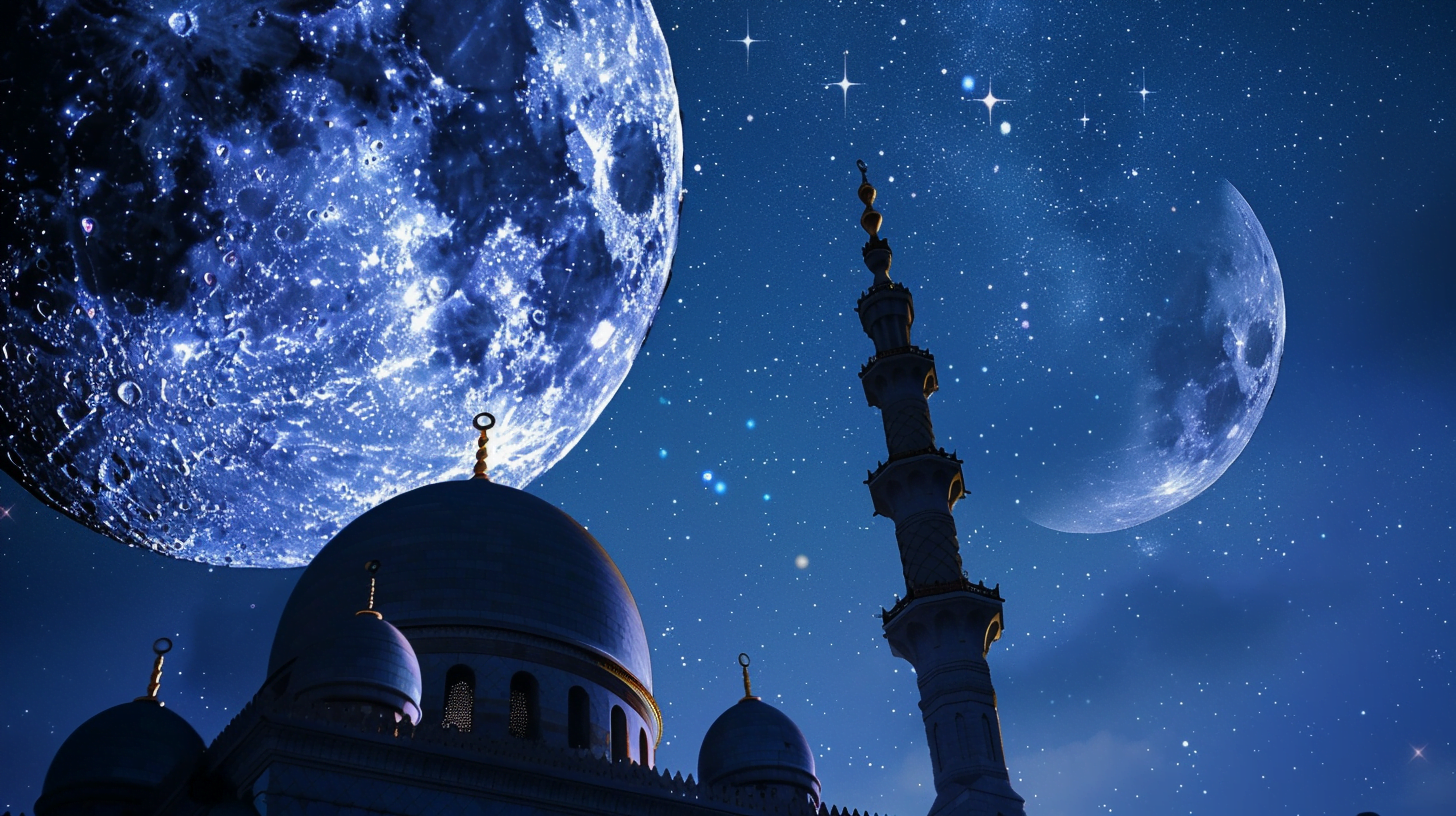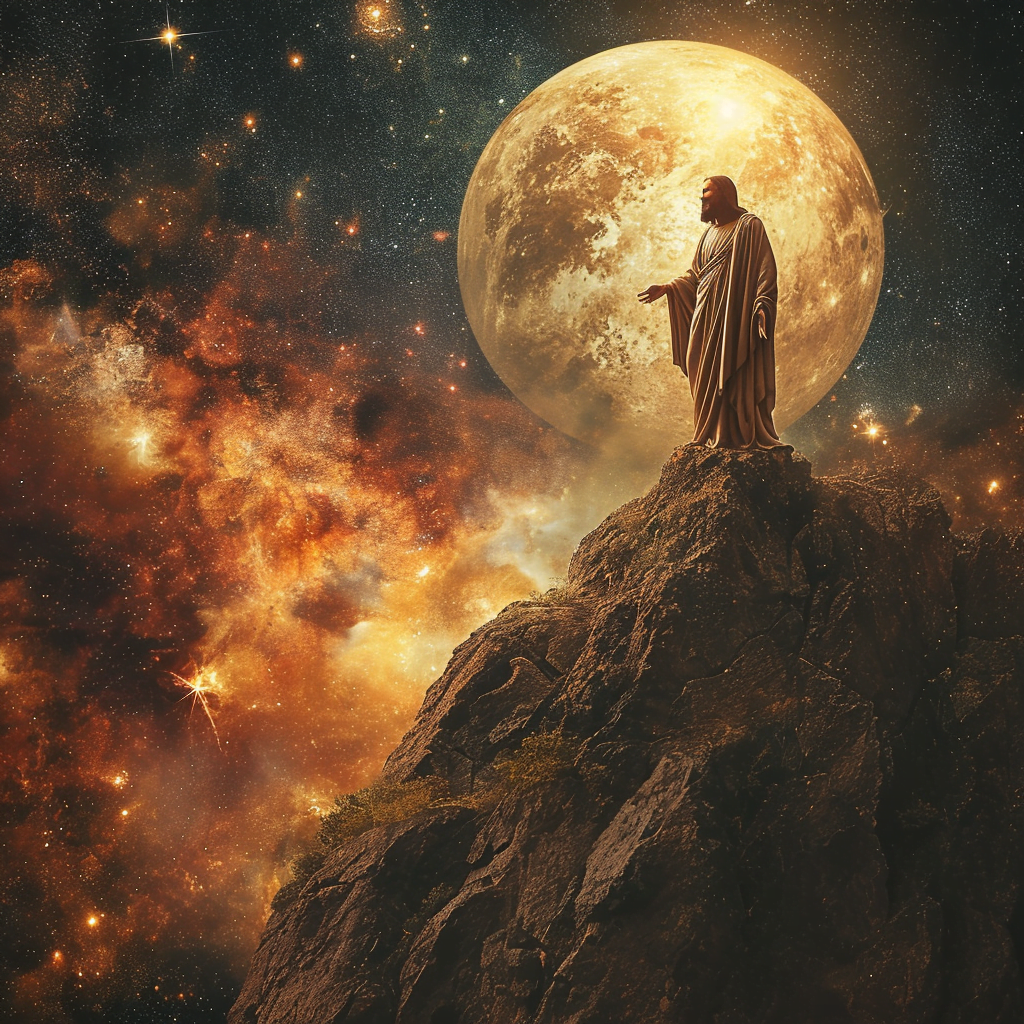In this article, we will explore the relationship between astrology and belief in God. You will learn about the concepts of astrology and the various beliefs surrounding it, as well as how these beliefs intersect with the belief in God.
Astrology is the belief and study of how celestial bodies, such as stars and planets, can influence human behavior and predict future events. It has been practiced by numerous cultures throughout history and continues to be popular today. While astrology itself does not inherently believe in God, as it focuses more on the cosmic forces and energies, individuals who practice astrology may hold a wide range of beliefs about the divine. Some may view astrology as a way to connect with a higher power, while others may see it as a form of spirituality separate from organized religion. Therefore, the relationship between astrology and belief in God can vary among individuals and their interpretations of astrology’s meaning and purpose.
Exploring the Relationship between Astrology and Belief in God
Introduction
Astrology has long been a topic of fascination for many individuals, offering insights into personal traits, relationships, and future events based on the positions and movements of celestial bodies. As individuals also seek meaning and purpose in their lives, belief in a higher power or God has become an integral part of their spiritual journey. This article aims to delve into the relationship between astrology and belief in God, exploring their origins, influences, and contemporary perspectives. Through this exploration, we can gain a deeper understanding of the intersection between astrology and spirituality.
Astrology and its Origins
History of astrology
Astrology dates back thousands of years and can be traced to ancient civilizations such as Mesopotamia, Egypt, and China. These societies believed that the celestial bodies held significant power and influence over human affairs. Astrologers studied the movements of the stars and planets, seeking to interpret their meanings and predict future events. Over time, astrology evolved into distinct practices and systems, with each culture adding its own unique interpretations.
Development of astrological practices
As astrology spread across various regions and cultures, different astrological practices developed. The Greeks, for example, introduced the zodiac, dividing the sky into twelve equal sections, each represented by a constellation. Astrologers believed that the position of the sun, moon, and planets within these constellations influenced an individual’s personality traits and life experiences. Similarly, Indian astrology, or Vedic astrology, placed great importance on the placement of planets at the time of a person’s birth, known as a birth chart or horoscope.
Belief in God
Different religious beliefs
Throughout history, humanity has developed various religious beliefs that shape individual spiritual journeys. These beliefs differ significantly across cultures and regions, reflecting the diverse nature of human understanding and seeking of a higher power. From monotheistic religions like Christianity, Islam, and Judaism to polytheistic religions like Hinduism and ancient Greek mythology, individuals find solace and guidance in their respective religious systems.
Concepts of a higher power
Belief in God or a higher power manifests differently across religious traditions. Some perceive God as an omnipotent and omniscient being who created and oversees the entire universe. Others believe in a collective consciousness or universal energy that connects all living beings. The concept of a higher power offers a sense of purpose, moral guidance, and a source of comfort during challenging times.
Astrology’s Influence on Belief in God
Perceptions of astrology and faith
The intersection between astrology and belief in God can vary significantly among individuals. Some perceive astrology as contradicting religious teachings, viewing it as an alternative form of divination that undermines faith in a higher power. Others, however, find that astrology complements their spiritual beliefs, considering it a tool for self-reflection and guidance in combination with their faith in God.
Impact on religious beliefs
Astrology’s influence on religious beliefs can range from negligible to profound. For some, astrology is seen as a harmless practice with no bearing on their faith. They view astrological interpretations as a form of entertainment or a way to gain insight into their personality traits. However, for others, astrology can challenge traditional religious teachings, leading to a reevaluation of their beliefs and a potential shift in understanding. The impact of astrology on religious beliefs largely depends on an individual’s interpretation and willingness to explore new perspectives.
Astrology’s Role in Spirituality
Astrology as a tool for self-discovery
Many individuals turn to astrology as a means of self-discovery, seeking insights into their personalities, strengths, and weaknesses. Astrological birth charts provide a personalized analysis of an individual’s astrological placements, offering a roadmap to self-understanding. By examining one’s astrological profile, individuals can gain insights into their motivations, talents, and potential areas for growth.
Astrological compatibility with religious beliefs
The compatibility between astrology and religious beliefs largely depends on an individual’s interpretation and integration of both systems. Some individuals find that astrology enhances their spiritual journey, providing additional layers of understanding and guidance. Others, however, may view astrology as contradictory to their religious teachings, believing that it detracts from a direct relationship with a higher power. Ultimately, the compatibility between astrology and religious beliefs is a deeply personal choice and can vary greatly among individuals.
Astrology and the Soul
Exploring the connection between astrology and the soul
Astrology often delves into the depths of human existence by exploring the connection between celestial bodies and the human soul. Some astrologers believe that the soul carries memories and experiences from past lives, which can be reflected in the natal chart. They argue that the positioning of celestial bodies at the time of an individual’s birth can provide insights into their soul’s journey and purpose in this lifetime.
Astrological interpretations of the soul’s journey
Astrological interpretations of the soul’s journey highlight the concept of karma and spiritual growth. Astrologers believe that individuals face specific challenges and opportunities as indicated in their birth chart, providing valuable lessons for soul evolution. They explore themes such as life purpose, relationships, and personal growth, helping individuals understand how their experiences are intertwined with their soul’s journey.
Critiques of Astrology
Scientific skepticism towards astrology
Astrology has long faced criticism from the scientific community, which argues that its claims lack empirical evidence and rely on subjective interpretations. Scientific critics assert that astrology fails to meet rigorous scientific standards and that any perceived accurate predictions can be attributed to chance or the power of suggestion. They argue that astrology’s reliance on general predictions and ambiguous statements undermines its credibility as a legitimate practice.
Religious objections to astrological practices
Religious objections to astrology stem from concerns about divination and the invocation of supernatural forces outside the realms of religious authority. Some religious traditions view astrology as a form of idolatry or divination, contradicting their teachings and challenging the notion of a direct relationship with a higher power. These objections often arise from concerns about the potential manipulation or exploitation of individuals seeking guidance from astrologers instead of religious leaders.
Astrology’s Role in Personal Belief Systems
Integration of astrology and personal spirituality
Astrology’s role in personal belief systems varies greatly among individuals. Some individuals seamlessly integrate astrology into their spiritual practices, using it as a complementary tool for self-reflection and guidance. They view astrology as a means of understanding themselves better and finding harmony within the universe. Others, however, may keep astrology as a separate entity from their spirituality, engaging with it solely for entertainment purposes or as a means of exploration rather than deeply-held belief.
Individual approaches to incorporating astrological beliefs
Individual approaches to incorporating astrological beliefs into personal spirituality are as unique as the individuals themselves. Some individuals may actively study astrology, engage with astrologers, and incorporate astrological principles into their everyday lives. They may align their actions and decisions with astrological transits and seek astrological advice for major life events. Others may adopt a more casual approach, referring to astrology intermittently for guidance or as a source of entertainment.
Astrology and Divine Intervention
Astrological predictions versus divine intervention
Astrology’s predictive nature raises questions regarding the role of divine intervention and the determination of one’s fate. Individuals with strong astrological beliefs may rely on astrology for insights into future events, believing that the cosmic alignments provide a roadmap for their lives. However, others may view astrology as a tool for understanding the broader themes and energies at play, while acknowledging that divine intervention and personal choices also shape one’s destiny.
Debates on predestination and free will
The relationship between astrology and belief in God is further complicated by debates surrounding predestination and free will. Some individuals believe that astrology supports the concept of predestination, asserting that an individual’s life path is predetermined and influenced by celestial alignments. Others, however, believe in the power of free will, emphasizing the importance of personal choice and decision-making in shaping an individual’s life, regardless of astrological influences.
Astrology as a Cultural Phenomenon
Astrology’s cultural significance
Astrology’s cultural significance is evident in the widespread prevalence of astrological beliefs and practices across different societies. From horoscopes in newspapers to popular astrology apps, astrology has become a part of everyday life for many individuals. Its influence extends beyond personal spirituality, permeating various facets of culture, including literature, art, and entertainment. Astrology’s cultural significance is a testament to its enduring appeal and its ability to resonate with people across different backgrounds.
Astrological beliefs across different societies
Astrological beliefs and practices vary among different societies, reflecting cultural values and traditions. In some societies, astrology is deeply ingrained in religious practices and rituals, playing a pivotal role in decision-making processes. In other societies, astrology may be more prevalent as entertainment, providing individuals with daily horoscope readings or personalized astrological insights. The diverse expressions of astrological beliefs across societies highlight its ability to adapt and evolve within different cultural contexts.
Religion’s Response to Astrology
Religious interpretations of astrology
Religious interpretations of astrology vary among different faith traditions. Some religions view astrology as compatible with their teachings, emphasizing that it offers helpful insights into personal growth and understanding. They argue that astrology can enhance spiritual practices and deepen individuals’ connections with a higher power. However, other religious interpretations may view astrology as conflicting with their religious teachings, discouraging its practice and emphasizing the importance of faith in God over reliance on cosmic alignments.
Orthodox views on astrology
Orthodox views on astrology often lean towards caution or outright dismissal. Orthodox religious traditions may see astrology as a form of divination or magic, which is generally discouraged or prohibited. The emphasis on direct communication with a higher power, adherence to religious teachings, and the importance of faith often take precedence over astrological beliefs. However, individual views within orthodox religious communities can still vary, as beliefs and interpretations evolve over time.
Modern Perspectives on Astrology and Belief in God
Contemporary attitudes towards astrology and faith
Contemporary attitudes towards astrology and faith reflect the evolving nature of spirituality in today’s society. Some individuals find that astrology offers valuable insights into their lives, complementing their spiritual beliefs and providing an additional avenue for self-reflection and growth. Others may view astrology as a purely secular practice, unrelated to their religious or spiritual convictions. As people seek meaning and guidance in an increasingly complex world, astrology continues to play a role in shaping contemporary attitudes towards faith and spirituality.
Integration of astrology in religious practices
The integration of astrology in religious practices is a topic of ongoing discussion and exploration. Some religious communities have embraced astrology, recognizing its potential to enrich spiritual journeys and provide supplementary insights. They may incorporate astrological principles into their rituals, prayer practices, or counseling services. Other religious communities, however, remain cautious or dismissive of astrology, placing a greater emphasis on faith in God alone as the source of guidance and spiritual sustenance.
Astrology in Secular Societies
Astrology’s popularity outside religious contexts
Astrology’s popularity extends beyond religious contexts, finding a significant following in secular societies. Many individuals with no explicit religious beliefs find solace in astrology, viewing it as a tool for self-reflection, personal growth, and understanding. Astrology’s appeal in secular societies lies in its ability to offer insights into human nature and provide a framework for navigating life’s challenges, regardless of one’s religious or spiritual inclinations.
Secular interpretations of astrological phenomena
Secular interpretations of astrological phenomena focus primarily on psychological and sociological perspectives. Astrology becomes a subject of analysis in fields such as psychology, sociology, and cultural studies, examining its impact on individuals and society. These secular interpretations often emphasize astrology’s role as a cultural phenomenon, exploring its societal significance and the psychological effects it has on individuals who engage with it.
Conclusion
In conclusion, the relationship between astrology and belief in God is complex and multifaceted. While some individuals perceive astrology as compatible with their religious or spiritual beliefs, others may view it as contradictory or irrelevant. Astrology’s role in personal belief systems varies greatly among individuals, and its impact on religious beliefs can range from negligible to significant. As individuals seek meaning and guidance in their lives, the exploration of astrology and its intersection with belief in a higher power offers valuable insights into the diverse nature of human spirituality.


